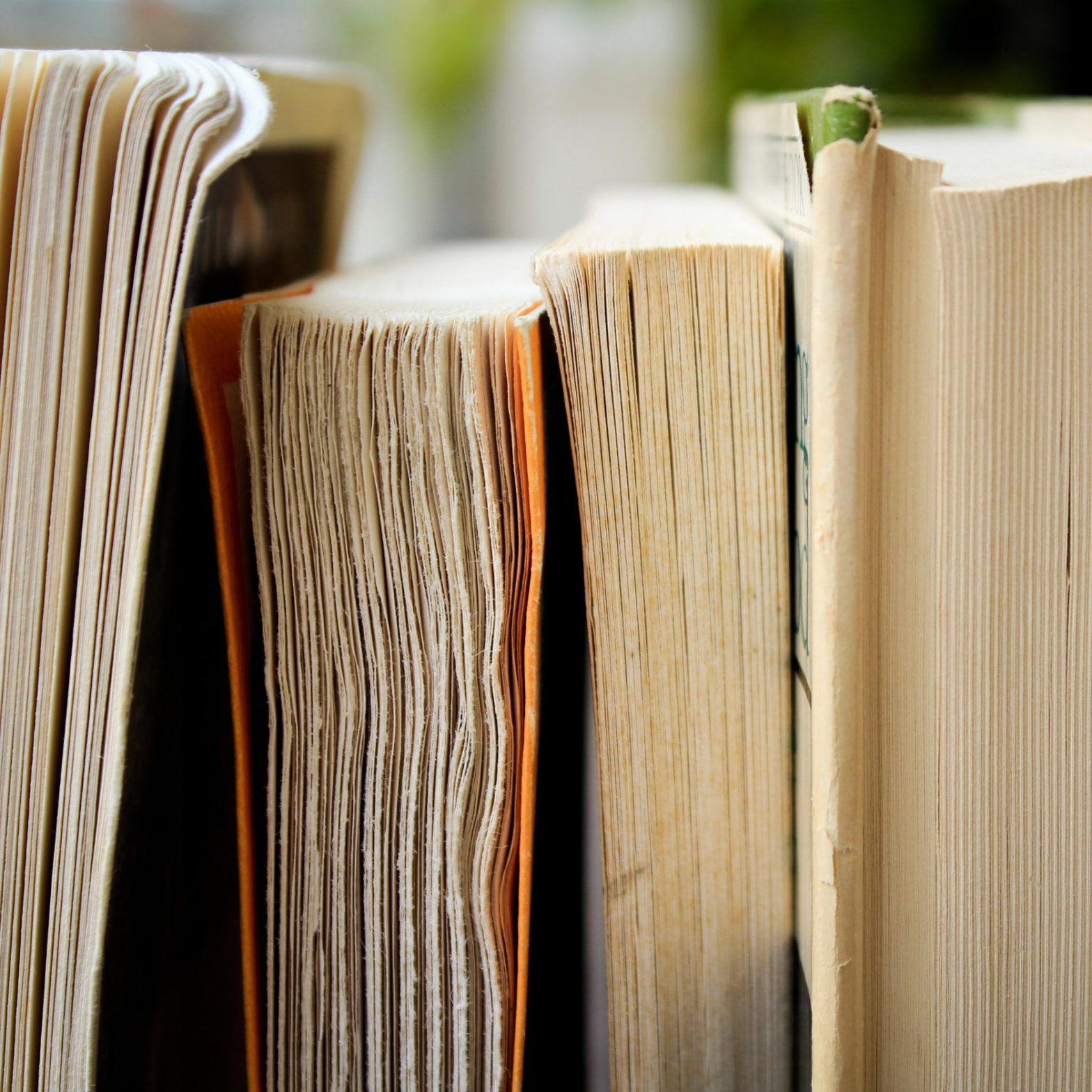Contributor: Kathy
I have increased my rate of reading during lockdown, and have definitely enlarged my choice of genre. I usually prioritise the Victorian period because that’s what I’m working on, but during lockdown I started to read more children’s books, (eg Treasure Island, Kidnapped, Alice in Wonderland) and to include some 20th century children’s titles: Lewis’s Narnia stories, and The Silver Sword by Ian Serraillier. Also more lightweight novels about Dickensian figures (see my list at the end). So – definitely more “relaxed reading” during lockdown.
Lockdown life rather suits me, as I’m quite content in my own little world, so I don’t read for distraction, but simply because I always need to be immersed in a narrative. As soon as I finish a book, I make sure I have another ready to start. I get ideas for titles mainly from online searching, but also I am currently engaged in a bookcase cull.
I read an article in the London Review of Books about a reader who used the pandemic to read Twain’s Huckleberry Finn mainly because it gave her insights into Black Lives Matter, and I was inspired to read it for the same reason.
I have listened to more audiobooks during lockdown than usual, partly because when I go walking with my husband, we listen to the story together (one Airpod each!). I also listen to the audiobook that relates to the monthly reading as part of my membership of the Dickens Fellowship (which is continuing via zoom during the lockdown). So, in both of these cases, I listen to the text but it is then reinforced by discussing it with my partner/ fellow Dickensians, so it becomes a more dialogic experience. This slightly compensates for the less attentive process of listening rather than reading.
Strangely, (and I’m not sure why I’m so interested!) I’m really really interested in the fact that people are rushing to read pandemic-related books, and have searched out radio programmes discussing these. I read Camus, Marquez, and a book about Eyam by David Paul a long time ago, and didn’t want to re-read them but was super interested in hearing how other readers applied the reading of pandemic books to the current situation. I searched online for a novel about the Spanish flu but didn’t find one.
I belong to Audible so I have one book per month. Otherwise I buy books, usually second-hand through independent booksellers, avoiding Amazon at all costs. If it’s only available on Amazon, I prefer to do without, and wait until the library reopens.
Five recommendations:
The Dickens Boy by Thomas Keneally (especially for Dickensians – a novel about the youngest of Dickens’s ten children who was sent to Australia at 16 years old to “find himself” while he worked on a sheep ranch). Slightly irritating and unnecessary references to Dickens himself, but very powerful evocations of the Australian landscape and aboriginal life.
Effie: A Victorian Scandal by Merryn Williams. Rather like reality TV, this is the story of Effie Gray’s marriage to John Ruskin and her divorce for reasons of non-consummation, followed by happy marriage to John Millais.
Ethan Frome by Edith Wharton. Not sure why I’m putting this on my list because I found it completely devastating. I just stumbled across the book in my bookcase and was captivated, but utterly unprepared for the ending. I felt upset for days. Don’t think I could ever re-read this because it was too painful, but I think that it’s one of those titles that everybody should experience at some point in their lives.
Under the Yoke by Ivan Vazov. Brilliantly translated story by a Bulgarian writer (first published in English in 1893). It is a love story set in the time of the Ottoman occupation of Bulgaria; some of the scenes are very brutal, tense and frightening, but it taught me a lot about that period of 19th century history.
The Silver Sword by Ian Serraillier. A children’s story that I remember we read part of in primary school and then the books were collected in and we never finished it (how could teachers do that??)! I have often thought of the book since but never found the time to actually order it and re-read it – and find out what happened! Set in World War II.
